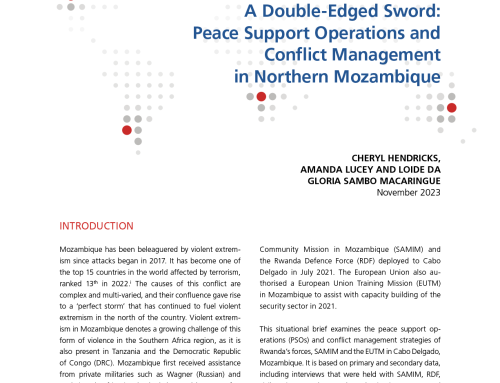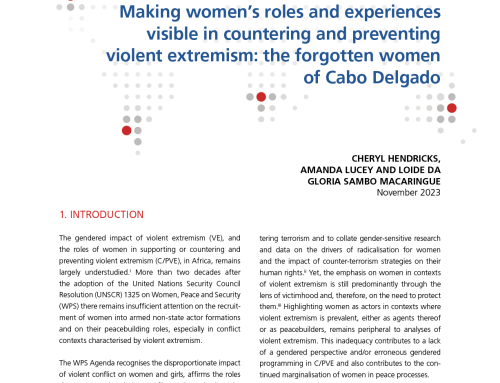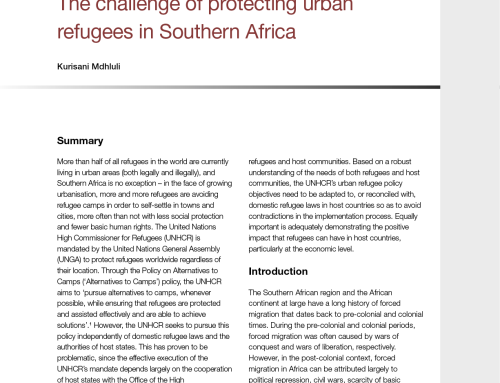
Gateways for Peace 2021: Policy Brief 1
IN JANUARY 1993, the UN Security Council invited the newly appointed UN Secretary-General, Boutros Boutros-Ghali, to produce a report on how, in a post-Cold War setting, the UN could strengthen its capacity for preventive diplomacy, peacemaking and peace-keeping. The report, entitled An Agenda for Peace, was released in June the same year. Amid ‘new wars’ in Somalia, Liberia and Sierra Leone but also in the Balkans, it outlined four ‘areas of action’ for achieving and maintaining sustainable peace in the post-Cold War world: preventive diplomacy, peacemaking, peace-keeping, and post-conflict peacebuilding (UNSG 1992 §20). Noting that these areas were closely interrelated, it described them as follows:
- Preventive diplomacy involved action to prevent disputes from arising between parties, to prevent existing disputes from escalating into conflicts and to limit the spread of the latter when they occurred.
- Peacemaking involved action to bring hostile parties to agreement, essentially through peaceful means such as those foreseen in Chapter VI of the Charter of the United Nations.
- Peace-keeping involved the deployment of a UN presence in the field, hitherto with the consent of all the parties concerned, normally involving UN military and/or police personnel and frequently civilians as well.
- Post-conflict peacebuilding involved action to identify and support structures that would strengthen and solidify peace in order to avoid a relapse into conflict.
Preventive diplomacy sought to resolve disputes before violence broke out; peacemaking and peacekeeping were required to halt conflicts and preserve peace once this was attained. If successful, the report said, they would strengthened the opportunity for post-conflict peace-building, which could prevent the recurrence of violence. It added that these four areas for action, taken together, and carried out with the backing of all Members, offered a ‘coherent contribution towards securing peace in the spirit of the Charter’.
Boutros-Ghali’s successor, Kofi Annan, consolidated these approaches by integrating them into a ‘culture of prevention’. On this basis, the UNSC reiterated in August 2001 that ‘early warning, preventive diplomacy, preventive deployment, preventive disarmament and post-conflict peacebuilding are interdependent and complementary components of a comprehensive conflict prevention strategy’ (UNSC 2001).
By: Ulf Engel
Pages: 7
Dimensions: A4
Date of publication: 2021
Published by Gateways4Peace




